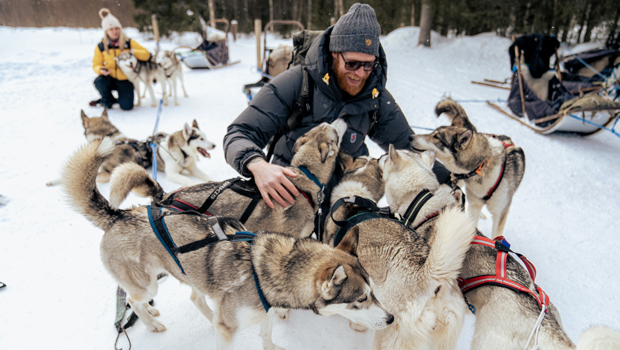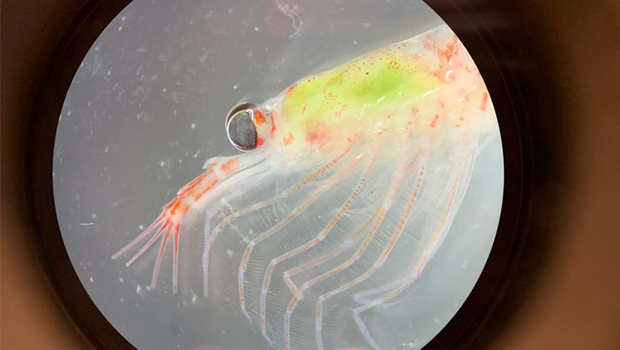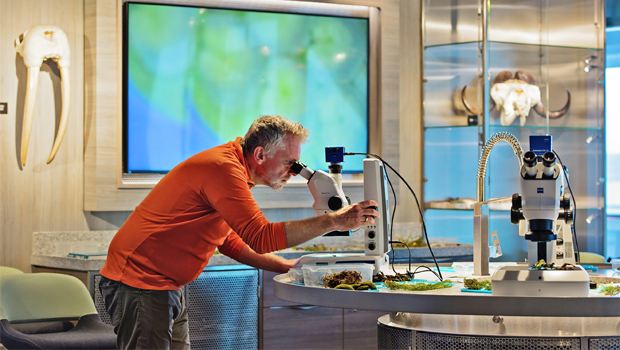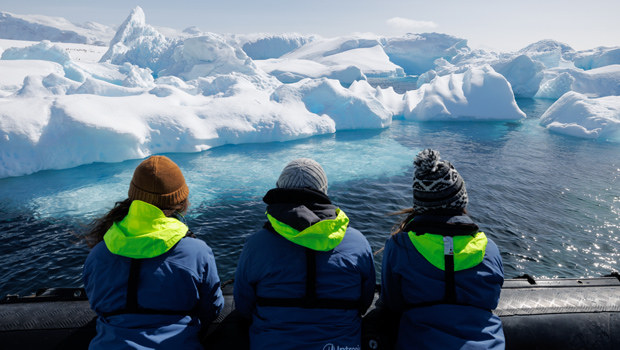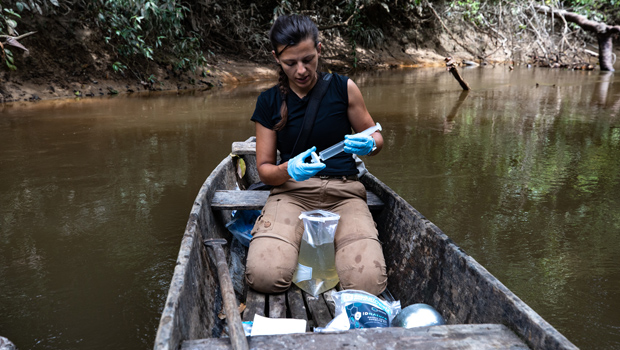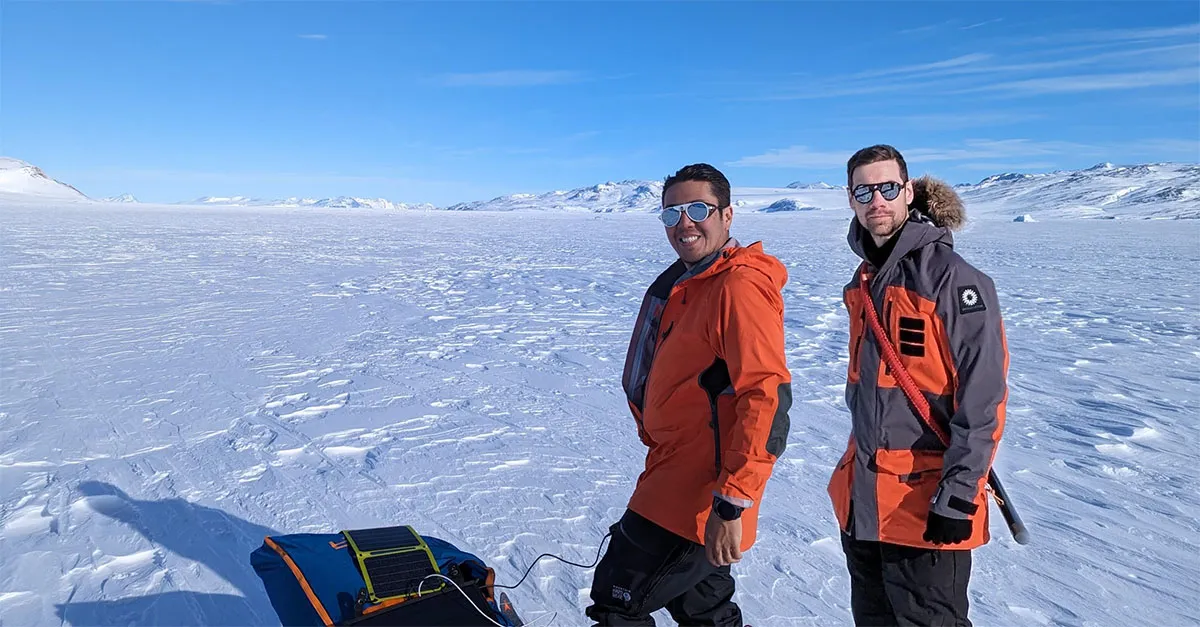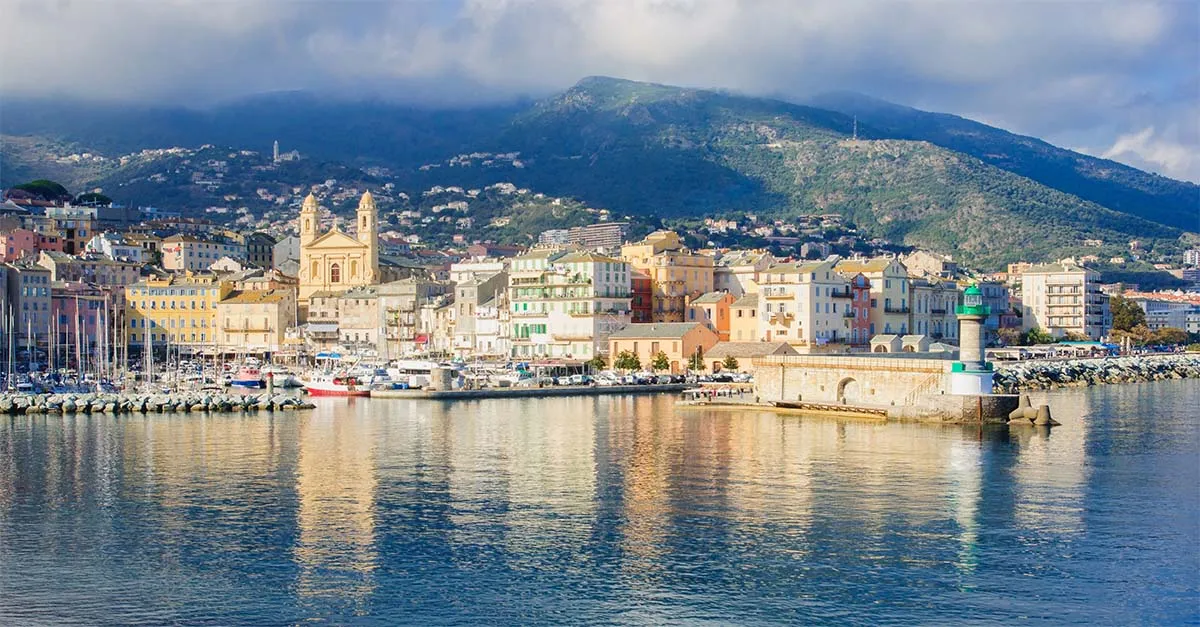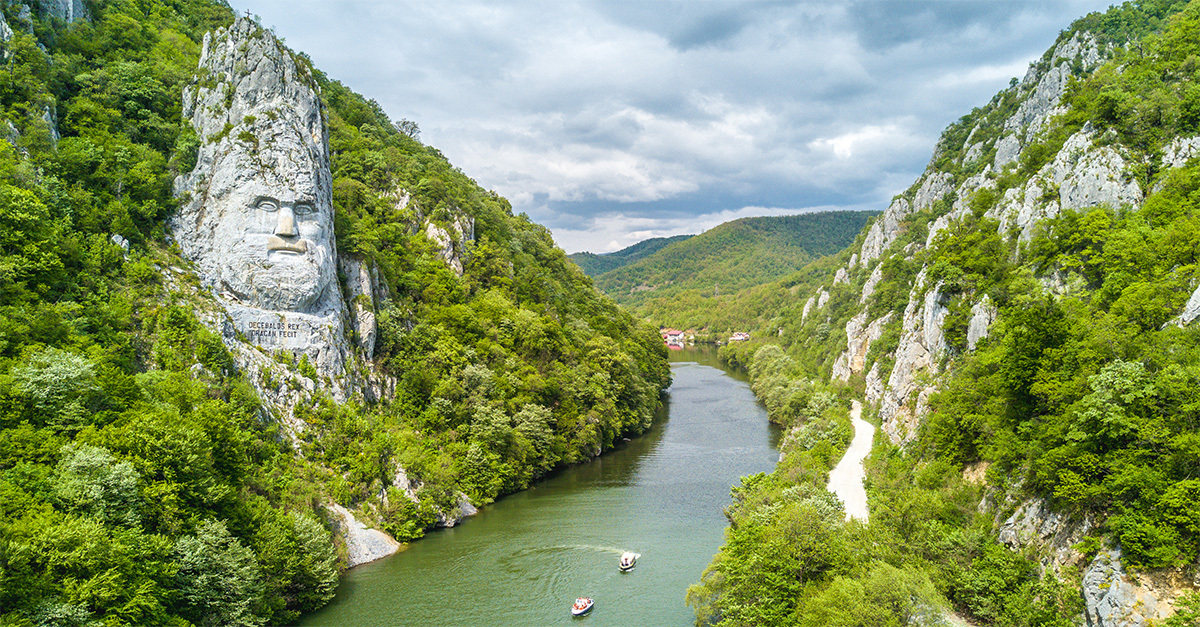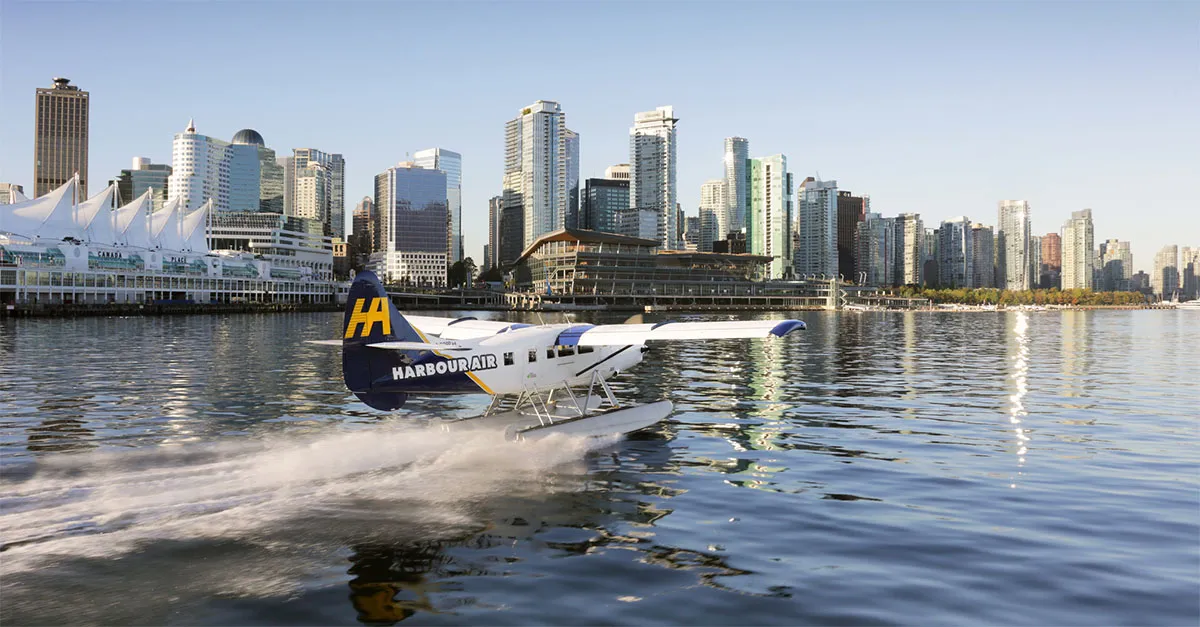You are viewing 1 of your 2 free articles
Spotting clouds for Nasa and recording whales in Antarctica – citizen science holidays are on the rise
A new wave of citizen science trips give clients the chance to be a scientist for the day and contribute to global conservation efforts. Adam Shaw reports.
Click here to download and save as a PDF
Ever since Charles Darwin joined the second voyage of HMS Beagle to make observations about plants and animals that would form the basis of his theory of evolution, science and travel have intertwined.
And today, clients can embrace their inner conservationist by taking part in a growing number of ‘citizen science’ projects facilitated by tour operators – from counting penguins in Antarctica to analysing water samples in Costa Rica.
What is citizen science?
The programmes give members of the public an opportunity to take part in scientific studies in a destination. They will often involve data collection, with the results used by scientists to address issues such as dwindling animal populations.
An example within the UK is the annual Big Butterfly Count, a nationwide survey where members of the public spot and record the butterflies and moths they see during certain weeks of the year, before adding their findings to an online database. The results help scientists assess the health of the country’s natural environment.
Citizen science is a broad term for a volunteer knowledge-gathering project – often nature-focused, but it can cover other areas like archaeology too
Justin Francis, chief executive of Responsible Travel, says: “Citizen science is a broad term for a volunteer knowledge-gathering project – often nature-focused, but it can cover other areas like archaeology too. It’s generally something anyone can get involved in and might depend upon widespread participation. UK-wide initiatives seem to catch the public imagination, and we’re seeing more holidays incorporate the idea.”

What trips are available?
Exodus Travels has 16 tours where clients can contribute to the eBio Atlas project, the world’s largest flora and fauna species database, by collecting freshwater samples that will be analysed for traces of DNA to help create an atlas of life in the world’s river basins.
These trips include visits to Portugal’s Cabril River, Savegre Cloud Forest in Costa Rica and Juuma Lake in Finland, among others. At Juuma Lake, for example, guests will help cut holes in the ice to get to the fresh water and take samples. Once these have been analysed, they’ll receive a report on which species were found and how their efforts help scientists protect biodiversity in the area.
As part of the global Happywhale scheme, clients send scientists images of whales, so they can identify and track them through tail fluke markings
On expedition cruises with AE Expeditions and Hurtigruten, guests can take part in the Globe Cloud Observation project, in collaboration with Nasa, where they record cloud cover from the ground – scientists then use this in conjunction with satellite images taken from above. As part of the global Happywhale scheme, clients send scientists images of whales, so they can identify and track them through tail fluke markings.
Those on Antarctic voyages with G Adventures, Intrepid Travel, Hurtigruten and AE Expeditions can collect phytoplankton samples to measure the impact of climate change on the marine food web. They can also contribute to the seabird survey eBird – which monitors birds’ movements and notes details such as differences in breeding cycles – by recording sightings on their cruise.

What are the itineraries like?
Citizen science excursions normally form part of a wider itinerary and could last from a few hours to a day, letting clients do something good while still enjoying a holiday.
People are taking the holiday they want and need, with the addition of a short, interesting activity that enables them to have a positive impact
“Volunteering holidays are fantastic but aren’t for everyone,” says Responsible Travel’s Francis. “On these trips, people are taking the holiday they want and need, with the addition of a short, interesting activity that enables them to have a positive impact.”
As Rochelle Turner, head of sustainability at Exodus Travels, explains: “The science element within our citizen science trips is a small part of the overall adventure. Clients will still have their incredible experience walking, cycling and all the usual wonderful things they expect.”

All of Hurtigruten’s sailings have a citizen science programme, so clients can enjoy, say, a trip hunting for the northern lights while dipping a toe into the world of conservation. But there is also an opportunity to learn more about science in talks on board. For example, guests taking phytoplankton recordings will be given introductory lectures before heading out to take samples.
All of Hurtigruten’s sailings have a citizen science programme, so clients can enjoy, say, a trip hunting for the northern lights while dipping a toe into the world of conservation
Later that day, in the ship’s Science Centre, they’ll look at life in single water droplets through a microscope.
“These rich educational experiences lead to lifelong memories and true ambassadorship for the region,” says Emily Baxter, head of guest learning at Hurtigruten.
“By taking part in citizen science, you can help to change the world, one adventure at a time.”

Ask the operators

“The wonderful thing about citizen science is that no prior experience is necessary – it’s open to anyone to get involved. Getting hands-on with science allows guests to gain a deeper understanding and appreciation for the area they are visiting.”
– Emily Baxter, head of guest learning, Hurtigruten

“Nature and biodiversity are under huge threat. Travellers have a chance to help the scientific and conservation community to understand biodiversity threats, and the small act of taking samples can play an important role in supporting our knowledge.”
– Rochelle Turner, head of sustainability, Exodus Travels

Book it
Exodus Travels’ 16-day Discover Costa Rica trip starts at £4,449, including flights, accommodation, most meals and transfers. A tour featuring eBio Atlas citizen science departs on July 22.
exodus.co.uk
Hurtigruten offers a 15-day Northern Lights Expedition Cruise from London on board MS Maud, with
prices from £2,990, including meals, for a September 30 departure. Citizen science elements include
Happywhale and Globe Cloud Observation.
agentportal.hurtigruten.com
Intrepid Travel’s 11-day WWF Giants of Antarctica expedition on board Ocean Endeavour starts at
£5,800, including meals and activities, along with the Happywhale citizen science element. The sailing
departs from Ushuaia, Argentina, on March 9, 2024. International flights extra.
intrepidtravel.com
PICTURES: Andrea Klaussner/Hurtigruten; Matt Cherubino Photography; Agurtxane Concellon; Gwilymcpugh
Read more
x.travelweekly.co.uk/destinations/how-the-cruise-industry-is-approaching-sustainable-sailing">How the cruise industry is approaching sustainable sailing
x.travelweekly.co.uk/destinations/interview-hurtigruten-chief-scientist-on-helping-guests-learn-about-sustainability">Interview: Hurtigruten chief scientist on helping guests learn about sustainability
x.travelweekly.co.uk/destinations/guyana-new-ba-flights-give-access-to-rare-wildlife-and-natural-wonders">Guyana: New BA flights give access to rare wildlife and natural wonders

